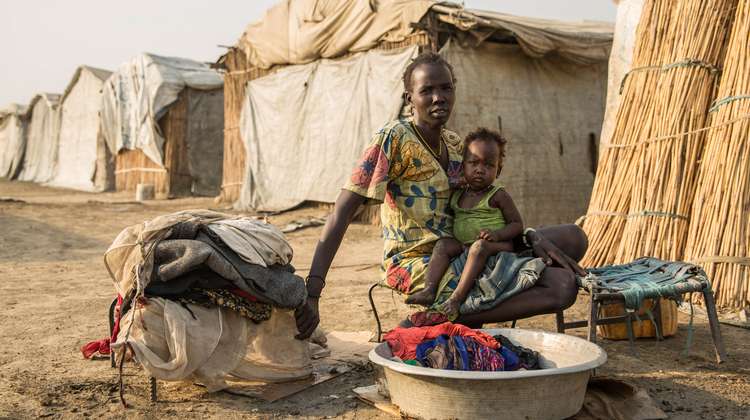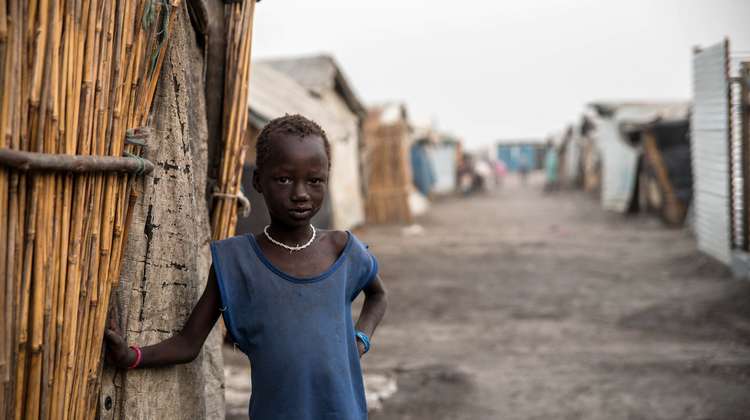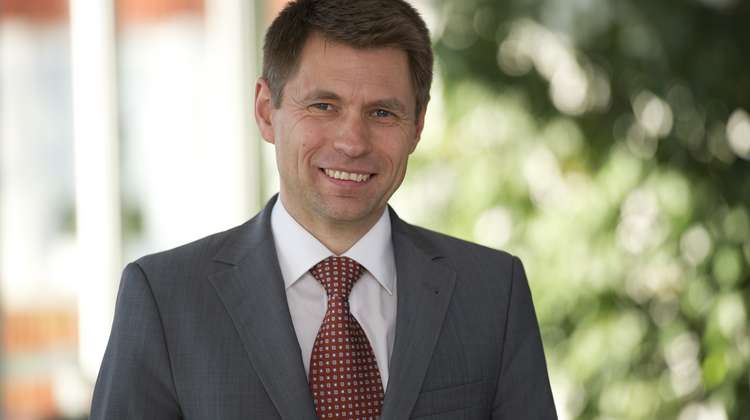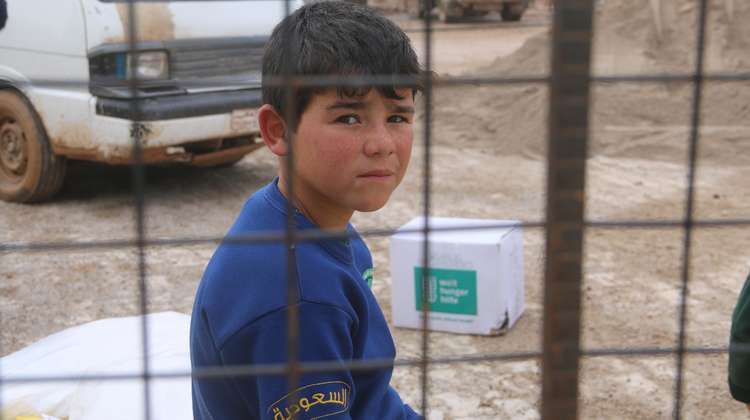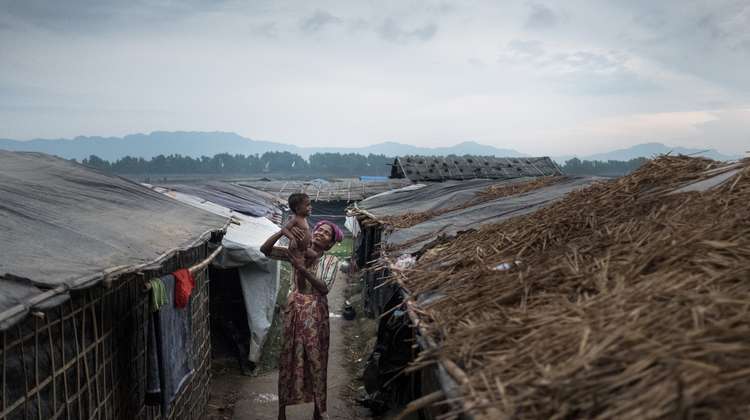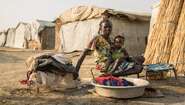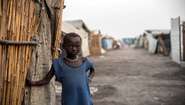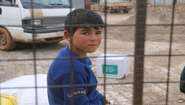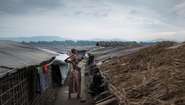Host Countries Must not be Abandoned as They Care for Refugees
Global Refugee Forum in Geneva
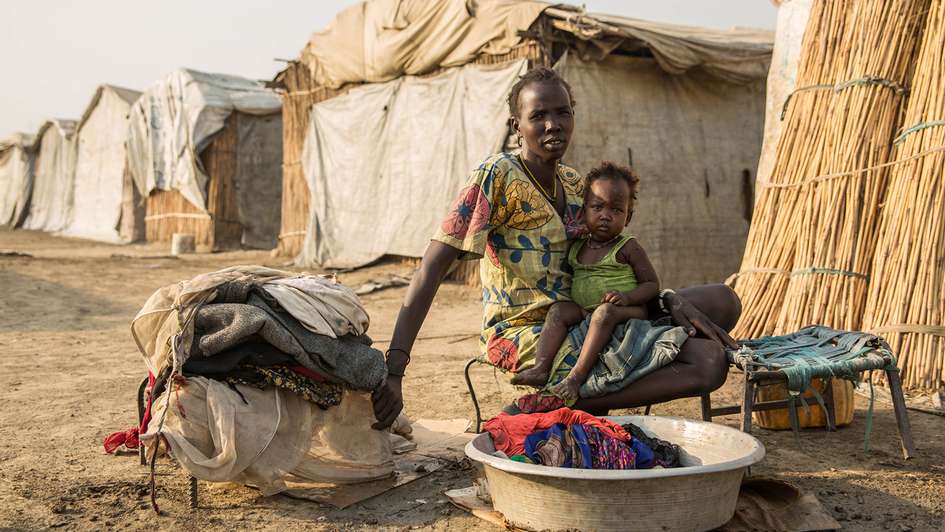
Bonn/Berlin, 2019-12-16 About 25 million people had to leave their homeland in 2018 due to war, persecution, climate change or hunger. The great majority fled to neighbouring states, where the population also suffers from poverty. Welthungerhilfe expects the participants at the first Global Refugee Forum to ensure that in the future these host countries will get better support, and that humanitarian assistance will be better coordinated with long-term development cooperation. On 16-18 December, in Geneva, the first follow-up meeting is taking place on the implementation of the Global Compact on Refugees,
which was passed by the United Nations a year ago.
“Host countries and neighbouring states around Syria or Niger and Uganda in Africa are already overloaded and at the edge of their capacity. The financial load should be distributed internationally in a fairer way, and people in need in the host countries also need more support. Uganda alone has received 1.3 million refugees, particularly from South Sudan, while, according to the United Nations, a further 670 million US dollars are needed for assistance in this country. Furthermore, we should no longer think in terms of short-term models for emergency assistance, but rather create solutions for more long-term refugee situations. Refugees around the world are displaced on average for about 26 years. Therefore, we must also make long-term plans for recent refugees. This includes access to healthcare and schooling for children, as well as job
opportunities. In the future, aid programmes should include this type of longterm measure, so that people can build a new life in the host countries”, demands Mathias Mogge, Secretary General of Welthungerhilfe.
Press photos for download
Usage note: Please note that the pictures may only be used in a Welthungerhilfe context and may not be passed on to third parties. Images must bear the credit copyright "Photographer"/Welthungerhilfe. No long-term archiving. Please delete pictures after use!
Welthungerhilfe is one of the largest private aid organisations in Germany; politically independent and non-denominational. It is fighting for “Zero Hunger by 2030”. Since it was founded in 1962, more than 9,300 overseas projects in 70 countries have been supported with 3.71 billion euros. Welthungerhilfe works on the principle of empowering people to help themselves: from rapid disaster relief to reconstruction and long-term development cooperation projects with national and international partner organisations.





